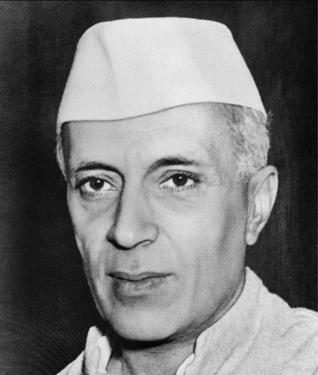Gandhi vs Nehru
The distinction between Gandhi and Nehru is often overlooked, as both are considered heroes in Indian history. They were both leaders who worked towards India’s freedom from British rule, though they had different personalities and methods. Gandhi was more focused on a life with fewer needs, while Nehru was a strong political leader. Both were well-educated and had studied in England. Despite their differences, they shared the same goal of Indian independence.
Who is Gandhi?
Gandhi’s full name is Mohandas Karamchand Gandhi, also known as Mahatma Gandhi. “Mahatma” is a Sanskrit word meaning “venerable” or “high-souled.” Born on October 2, 1869, in Porbandar, Gujarat, India, Gandhi’s birthday is celebrated as Gandhi Jayanthi in India and as International Day of Non-Violence worldwide. Often called the “Father of the Nation,” Gandhi was instrumental in India’s independence struggle, leading movements such as Quit India, Civil Disobedience, and the Dandi March. A staunch advocate of non-violence, Gandhi introduced the concept of Satyagraha. He was assassinated on January 30, 1948.
Who is Nehru?
Jawaharlal Nehru, affectionately called “Chacha” (meaning “uncle”), was born on November 14, 1889, in Allahabad, Uttar Pradesh. His birthday is celebrated as Children’s Day in India due to his love for children. Nehru participated in India’s independence struggle and became the country’s first Prime Minister. Often regarded as the architect of modern India, Nehru laid the groundwork for the nation’s industrial and agricultural development. His daughter, Indira Gandhi, also served as Prime Minister. Nehru passed away on May 27, 1964.
Key Takeaways
- Gandhi and Nehru were both well-educated and shared the same goal of Indian independence, but they had different personalities and methods.
- Gandhi was more focused on a life with fewer needs and advocated non-violence, while Nehru was a strong political leader and open to new ways.
- Both leaders made significant contributions to India’s independence and development, with Gandhi being called the “Father of the Nation” and Nehru the “architect of modern India.”
